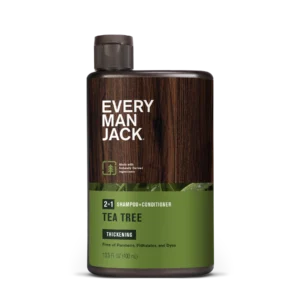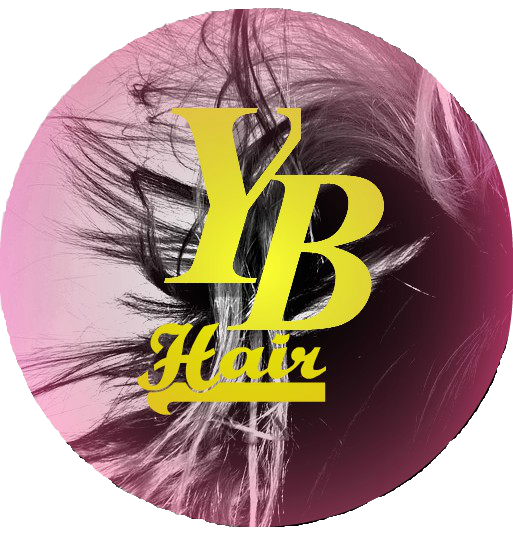SLS-free hair care.
Trends are coming and going, but choosing natural or organic products seems to stay longer. Just like trying to avoid potentially harmful chemicals. More and more people decide to get rid of SLS, parabens and many more chemicals from their beauty care or household. Are they right or is it just overthinking something that’s said to be no harmful. Is SLS-free hair care for you?
What does SLS mean and is it really bad for you?
SLS is the short form of sodium lauryl sulfate. You can find it in many different kinds of beauty products and other type of products, too. It has been used since the 1930s. They put it in some products, because it helps to create rich lather. It’s a foaming and cleaning agent. The list, where they can use it, is long and these are just examples:
- body wash
- hair care products
- nail treatments
- lip balm
- make-up remover
- shaving cream
- toothpaste
- household cleaners
- and even more.
Some believe that it may cause skin problems or even cancer. Nevertheless, the Food and Drug Administration (FDA) keeps SLS safe as a food additive. In beauty care products, it shouldn’t be harmful when used briefly and rinse well after. Though the final report* about its safety is quiet old. They published it first in 1983. Many research regards SLS as an irritant.
Check these three SLS-free products for him.
Should you avoid SLS?
SLS may cause dry skin, irritation or allergic reaction. Using one or two products with SLS may not cause you any problem, but it can be a different situation, when it’s everywhere. It’s a controversial ingredient and I can understand it. The more products we use, the more times we meet SLS. And the theory, about using it briefly and rinse well soon, is over when you choose a leave-in conditioner with SLS. Or a lip balm. It’s better to make a patch test time after time, to see if it’s irritating for you or not. Keep in mind that you can have allergy later in life, even if you don’t have any now.
How to Replace Sodium Lauryl Sulfate
SLS in hair care.
Sodium lauryl sulfate makes the lather of your favourite shampoo. It’s a cleaning agent. It removes the dirt and oil from your hair and scalp. The problem is, that it can also remove the nutrients and make your hair dry and brittle. It can take away the natural oiliness. If your skin is sensitive or you have sensitivities to such chemicals, it’s better to choose SLS-free products. The ones who have skin problems, like rosacea or eczema also should be careful and avoid it. You may need some time to get used to them, because they have less foam.
Who should consider SLS-free hair care?
- People with skin problems (like rosacea, sensitive skin, contact dermatitis, eczema).
- Ones with some hair types, that are more vulnerable (dry, fine or frizzy hair).
- Or if you have coloured hair or had a keratin treatment. SLS may cause the colour fade and undo keratin treatment.
In general, there are a lot of chemicals around us. Too many potentially harmful ingredients in the food, in the beauty care products, pollution in the air we breathe or even in the water. Too many medicines we take and the list doesn’t stop here. It can be good for the human body to find some fields where we can reduce these harmful or controversial ingredients or chemicals. The decision is ours.
Some people go even further and get rid of all kinds of shampoo. They clean their hair with only naturals.
* Safety Assessment Study, 1983






Lorrie
Olivia